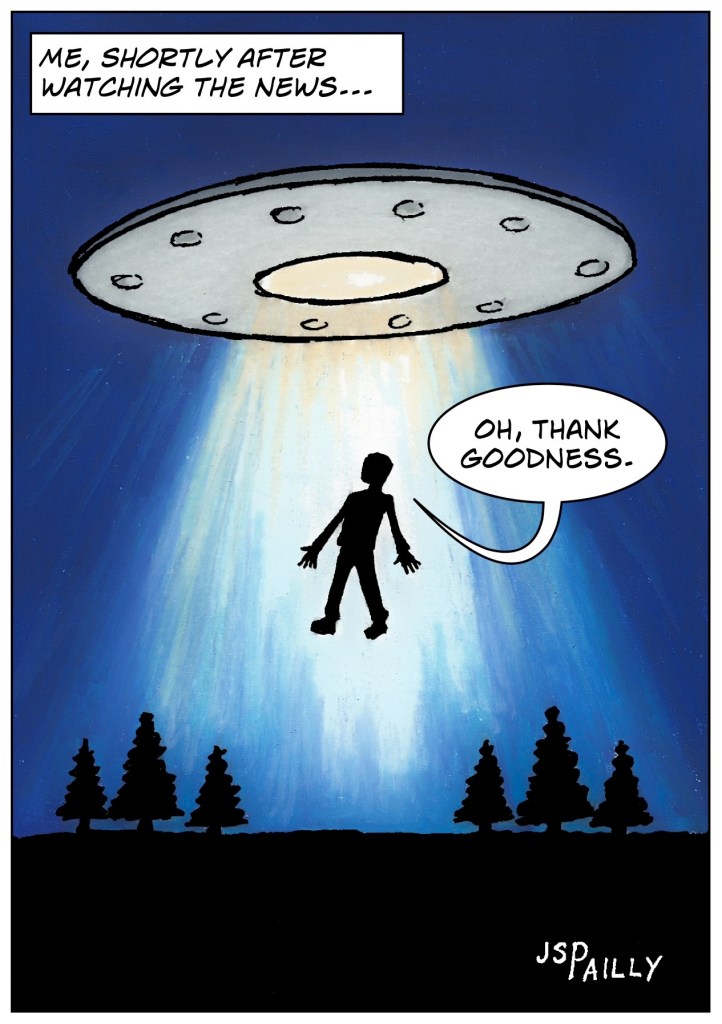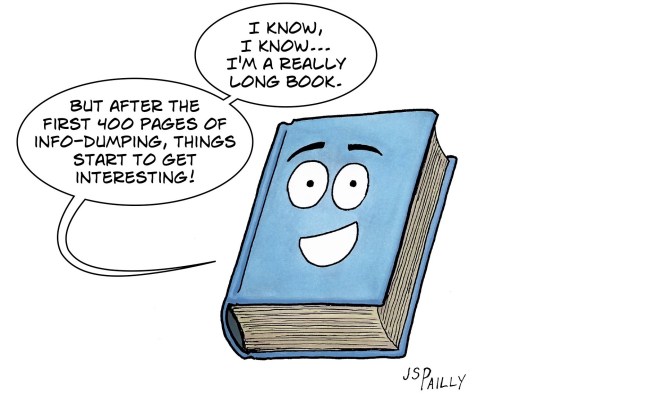Hello, friends!
Every now and then, science asks us to unlearn a thing we had previously learned. Pluto isn’t a planet. Some dinosaurs were covered in feathers. And now, according to some newly published research, Neptune is less blue than we thought. Rather than that rich, royal blue color we usually see in photos, Neptune is more of a light aqua color, similar to the light aqua of Uranus.
The original research, published in the Monthly Notices of the Royal Astronomical Society, was actually more about Uranus than Neptune. As you probably know already, Uranus is tipped over sideways. This sideways orientation causes some pretty wild seasonal variations in Uranus’s atmosphere, which leads to changes in Uranus’s color and brightness over the course of a Uranian year (which is equivalent to approximately 84 Earth years).
But aside from the sideways thing, Uranus and Neptune are very similar planets. They’re about the same size, about the same mass, and they have almost the same chemical compositions. So if you’re doing research about the atmosphere of Uranus (and the color thereof), then it makes sense to compare and contrast the colors of Uranus and Neptune. And it’s at this point that the original research paper goes off on a long tangent, explaining that Neptune isn’t as blue as you probably think, and offering reprocessed imaging data to show what Neptune really looks like.
So how did everybody get this wrong for so long? Well, to make a long story short, somebody at NASA was playing with the color contract. In 1989, when the Voyager 2 space probe sent the first up close images of Neptune back to Earth, those images revealed some interesting features in Neptune’s atmosphere, like the Great Dark Spot and the South Polar Wave. Adjusting the color contrast made those features easier to see, and so these color adjusted images were the images that got disseminated to the media and the public.
In NASA’s defense, they did try to call attention to the color adjustments they’d made. The color enhanced photos originally had captions explaining that they were false color images. Apparently NASA also showed a true color image of Neptune, side by side with the false color version, at a 1989 press conference. Still, most people missed the memo, including a lot of people in the scientific community, leading to this popular misconception that Uranus and Neptune are dramatically different shades of blue.
Now I have seen a few amateur astronomy buffs object to this new research, saying that when they look at Neptune and Uranus in their telescopes, Neptune is clearly a darker shade of blue than Uranus. The research paper does address that. First, due to differences in atmospheric density, Neptune is a teeny-tiny bit darker than Uranus (but only a teeny-tiny bit). Additionally, Neptune is farther away from the Sun, which means Neptune gets less sunlight than Uranus. This makes Neptune look a teeny bit darker still. And also, if you’re observing Neptune from Earth, Neptune will appear to be smaller (and proportionally dimmer) than Uranus, once again due to the fact that Neptune is farther away.
It’s going to take me some time to get used to this, just like it took me some time to get used to the idea of feathered dinosaurs. I sometimes like to call Uranus “the Turquoise Planet” and Neptune “the Other Blue Planet.” But I guess I’ll have to change that. From now on, I’ll have to call Neptune “the Other Turquoise Planet” instead.
WANT TO LEARN MORE?
I don’t normally tell people to just go look at Wikipedia, but I do think the Wikipedia page on Neptune is worth seeing. Wikipedia was very quick to update its photo of Neptune after this new research was published.
The lead author on the original paper is a professor at the University of Oxford, so here’s the press release from the University of Oxford announcing the paper’s publication.
And here’s a YouTube video with a little more detailed information about Uranus, Uranus’s atmosphere and seasonal variations, and the updated color data for Neptune.
And lastly, for anyone who wants to read the original research paper itself, here’s the link.
P.S.: If you must make a Uranus joke in the comments, I will give you praise and credit if (and only if) it’s a joke I haven’t heard before.











